Genetics
-
 Genetics
GeneticsBubonic plague hung out in Europe
The plague bacterium Yersinia pestis may have lurked in a medieval European reservoir for at least 300 years, researchers from Germany suggest January 13 in PLOS ONE.
-
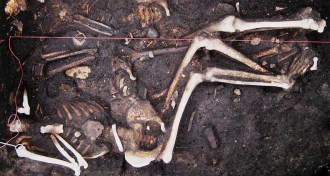 Genetics
GeneticsBubonic plague hung around in Europe
DNA from plague victims suggests that a European reservoir of the plague bacterium Yersinia pestis could have fueled the medieval pandemic.
-
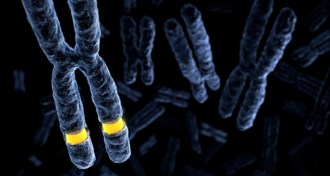 Genetics
GeneticsDrug candidate fails to improve symptoms of fragile X syndrome
A drug designed to treat fragile X syndrome has proven ineffective in clinical trials.
-
 Genetics
GeneticsDrug candidate fails to improve symptoms of fragile X syndrome
A drug designed to treat fragile X syndrome has proven ineffective in clinical trials.
-
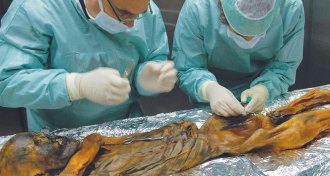 Genetics
GeneticsThe Iceman tells a new tale: Infection with ulcer-causing bacteria
Ötzi the Iceman was infected with a virulent strain of H. pylori. A new study is the first to piece together an ancient genome of these bacteria.
By Meghan Rosen -
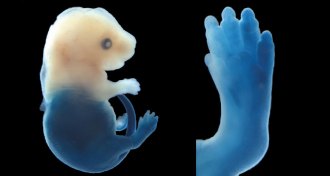
-
 Science & Society
Science & SocietyClimate, new physics and Jupiter on the horizon for 2016
The first issue of the new year features stories about what will, editor in chief Eva Emerson predicts, hold on as scientific newsmakers during 2016.
By Eva Emerson -
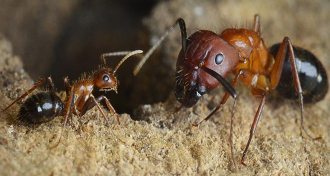 Animals
AnimalsAnts’ size and profession controlled by chemical tags on DNA
Epigenetic marks determine whether female Florida carpenter ants are soldiers or foragers.
-
 Genetics
GeneticsRoosters run afoul of genetic rules
Moms aren’t always the only ones that pass mitochondrial DNA to offspring, a study of chickens finds.
-
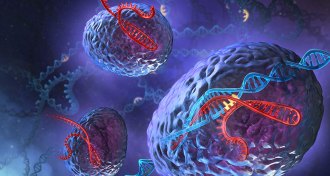 Genetics
GeneticsYear in review: Breakthrough gene editor sparks ethics debate
The gene editing system CRISPR has opened the door to new scientific advancements — and ethical concerns.
-
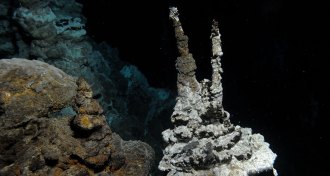 Life
LifeYear in review: Microbe discoveries spur rethink of treetop of life
Microbes discovered in Arctic mud this year could be the closest relatives yet found to the single-celled ancestor that made life so complicated.
By Susan Milius -
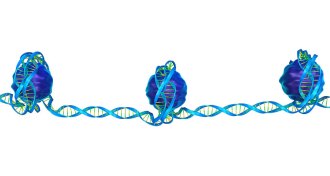 Genetics
GeneticsYear in review: Epigenome makes its debut
The Roadmap Epigenomics Project, unveiled in February 2015, is the first in a series of 3-D looks at the human genome.